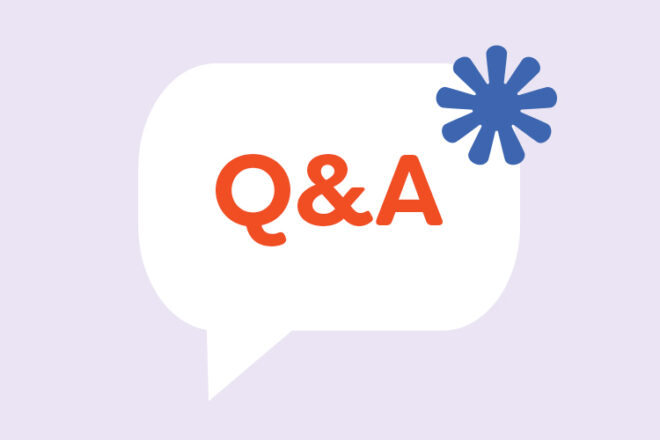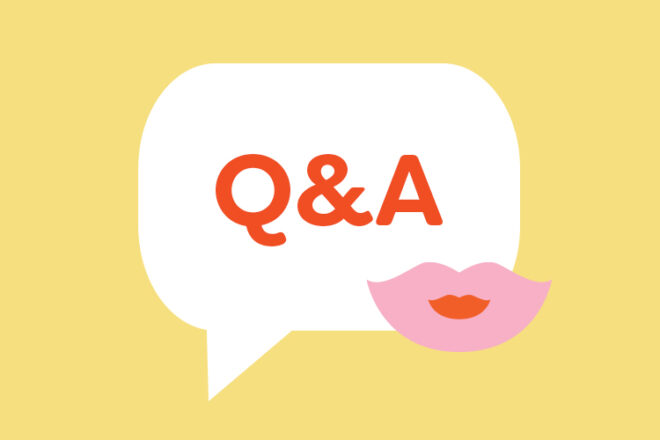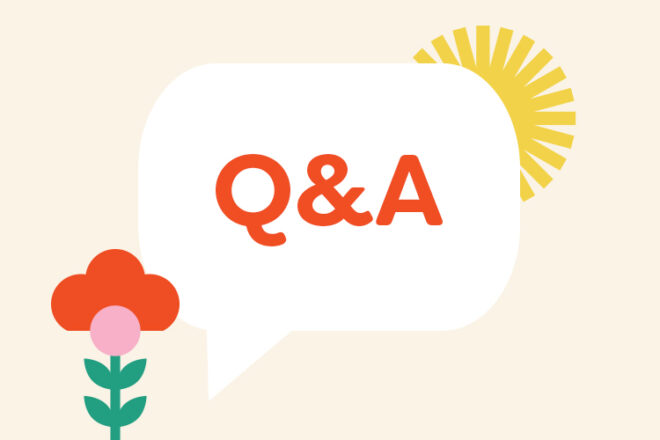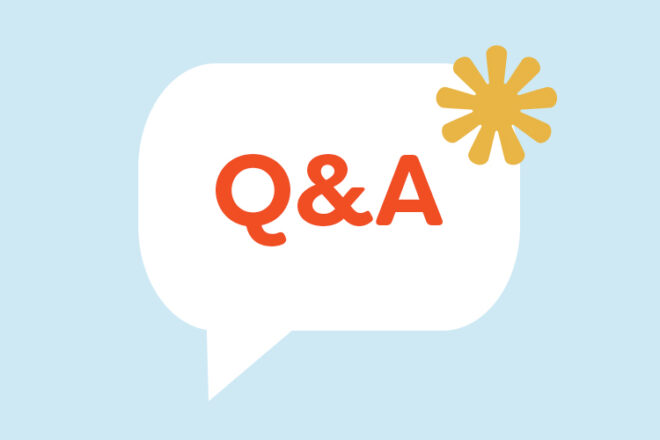
Congratulations, you’ve taken the leap and your baby is ready to start solids. Now the next tricky part begins – what can they eat?
You’ve probably already read that yoghurt is a great first food for your baby as it’s filled with nutrients including protein, calcium, and probiotics. But, if you’ve wandered the cold aisle in your local supermarket recently, you’ll know there are A LOT of different yoghurts on the market.
So which yoghurt can babies eat?
Which yoghurt should I feed my baby?
According to Raising Children, dairy products can and should be introduced from around six months of age. The only real thing you need to be sure of is that you’re purchasing a full-fat, whole milk yoghurt product.
A good place to start is a plain, full-fat, no added sugar yoghurt. If your little one isn’t too keen on the sour flavour, you can always add a little bit of their favourite fruit or vegetable puree to the mix.
#MUMTIP: Yogurt comes in a wide range of flavours and consistencies, so if your baby doesn’t like one brand, try another and see if it’s better.
What about flavoured yoghurt?
There’s been a huge rise in yoghurts marketed specifically at children. These usually come in those handy little squeezy pouches, but you’ll want to watch the sugar content on these ones.
Take some time to look at the back of the label. Check the calcium and protein percentages to know it’s got the good stuff in it. And then look out for sneaky additives like extra sugar, carrot concentrate and fruit that’s got other things in brackets after the name. The brackets are usually a fun way of hiding the fact that it’s jam instead of real fruit.
#MUMTIP – do your label checking at home, no one needs to be doing research with a bored baby in the trolley! Most supermarkets have full product listings online, and this will save you time and stress.
You can always buy plain whole milk yogurt and flavour it yourself by stirring in apple puree, crushed berries, pumpkin puree, mashed banana.
What if my baby is lactose intolerant or sensitive to dairy?
Yoghurt can be a bit of a grey area when it comes to lactose sensitivities. Technically, the bacteria used to create yoghurt should neutralize the lactose, making it ok to eat. In saying that, there are plenty of people out there who still get upset tummies from the cow’s milk in yoghurt.
The best advice we can give is to seek some guidance from your doctor or child health nurse. It’s better to work out a well-advised plan of action before you just wing it or go reaching for that gourmet tub of coconut yoghurt!
Read next …
Has bubba just started solids? Check out our roundups below for the heads-up on Australia’s best feeding essentials for babies and toddlers.


